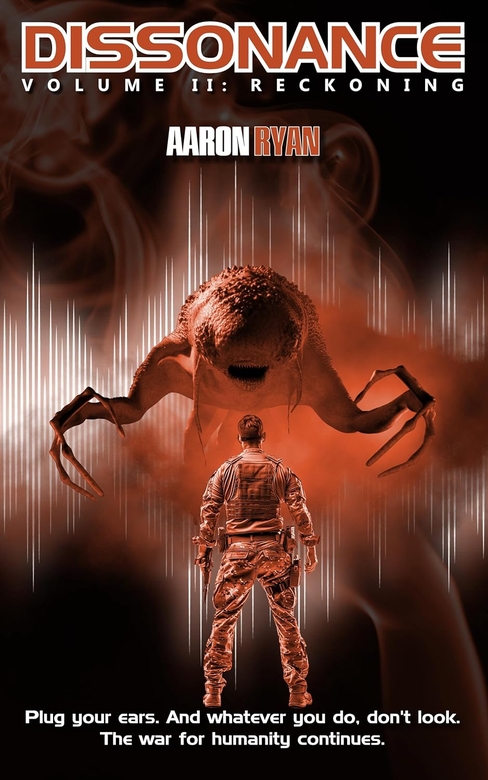From Electric Lit:
Once at a party, I met an anesthesiologist. I’ve always been horrified and fascinated by anesthesiology, and I was a few wines in, so I cornered him.
“Where do we go?” I demanded. “When we go under, where do we go?”
He didn’t seem surprised to be accosted with this question. Instead, he moved closer to me. “Well, you are like a computer,” he said. He lifted an index finger and pressed it to the center of my forehead. “I’m just turning you OFF. I’m flipping a switch.”
I was furious. The answer was clever, but it meant nothing. It didn’t address my issue. It didn’t help me understand how he did what he did, or whether I was dying every time I went under.
Obviously, anesthesiology and writing are not the same. But novelists are also asked a similar question at every event, family gathering, therapy session, good date, or party: How did you write your novel? Over and over again. Writing a novel is wrapped in the same mystery, for most people, as going to the moon or going under anesthesia.
It’s not a question I can answer once or in one way—my relationship to writing changes as I get older, as I write more books. Some technical advice stays the same (i.e., the practices I cling to in order to finish the damn thing), but other, more existential questions fluctuate with time, my life experiences, and the political environment that encroaches on my existence. Still, here is my best crack at it: five easy steps for turning your suffering into a novel.
First You Must Suffer
It would help, for example, if your father has just died. Or, perhaps, you’ve just undergone an incredibly painful and traumatic spinal surgery. Both of my novels were directly fed by these two critical moments in life, times during which my understanding of the world around me was proven entirely wrong.
My new novel, Ripe, was written after my father died suddenly, an event that was followed shortly thereafter by the COVID-19 lockdown. My father was always telling me to write this novel—a novel about working in tech with lunatics. During the year I spent working in Silicon Valley, at the end of our phone calls, he would often say: Take notes on everything that is happening to you. One day you’re going to write a book about it and sell a million copies.
After he died, during lockdown, I was entirely alone with my grief. There was no looking away from it, there were no distractions, it was only me and the grief, which was six-foot-three, the height of my father, following me around, getting in my way, forcing guttural cries out of my body at all times of day. After a few weeks, I sat down and wrote the book he asked me to write. Ripe, even more so than my first novel, was born of grief and isolation, made in a moment in time that I’m not sure will ever happen again. But it was fuel inside of me, an agony I wanted to comprehend, make sense of, catalyze into something else, something useful, something he would be proud of.
Perhaps for some writers, like romance novelists, “Suffer” can be exchanged for “Fall in Love.” If you can write a novel without suffering, my hat is off to you. For me, the work is deeply driven by a desperation to understand the world around me.
Be Ruthless, Be Rude
We are raised (at least, I was) to be polite, kind, presentable. Often, the writing we want to do is the opposite. To write a great novel, you must be ruthless—ruthlessly honest about the people around you, the characters in your book, your perception of the world, your family, your coworkers, and, most of all, yourself.
Humanity is shown clearest in its ugliness. A character that is behaving terribly becomes suddenly understandable when you realize she is trying to have a child but cannot conceive. A depressed character might seem annoying on page one, until you realize she is pregnant and impoverished.
The writer Vidjis Hjorth has an excellent bit about this in one of her novels. Her character, who has herself just written a novel, is asked if the novel is real. The character responds that she is not interested in reality, but in the truth.
That distinction is an important way of securing freedom from the confines of what’s expected of us in our work. We have to be unconcerned about whether reality is reflected in the novel, and dedicated to ensuring our work is dealing in the sometimes beautiful, sometimes ugly truth of being human.
Link to the rest at Electric Lit
